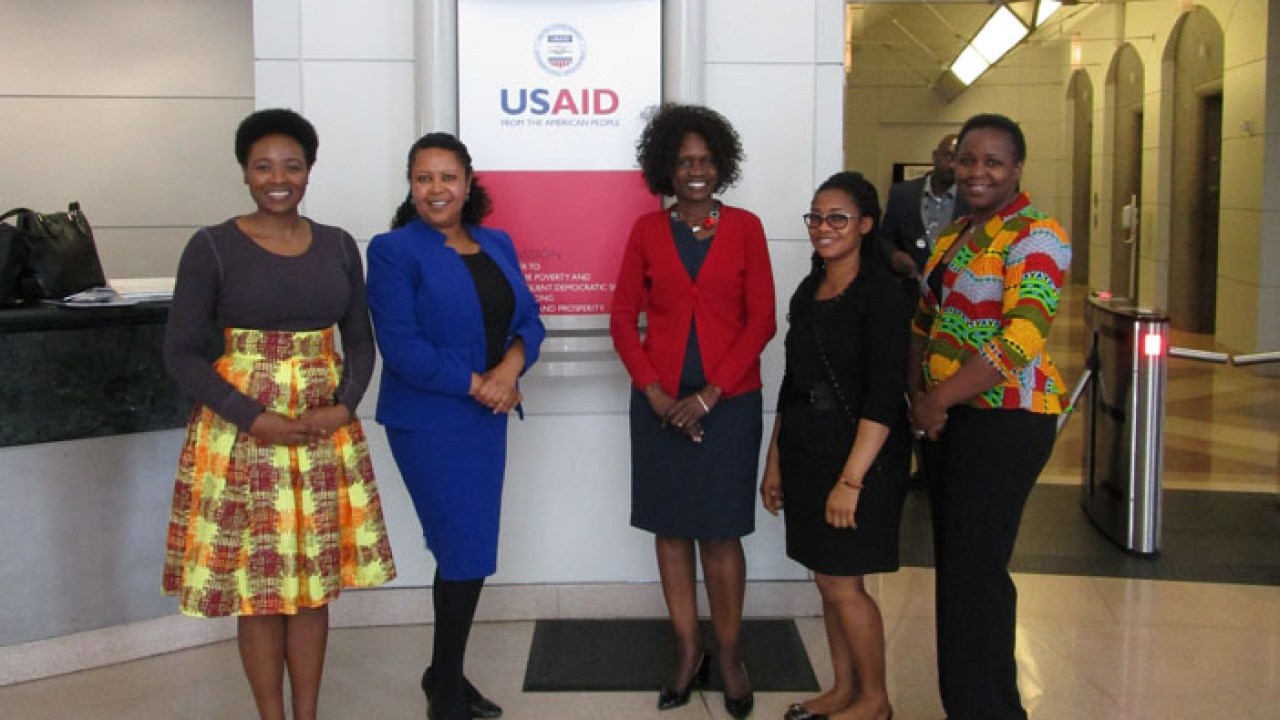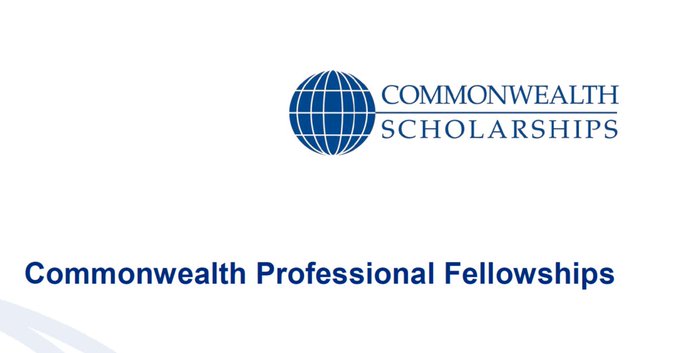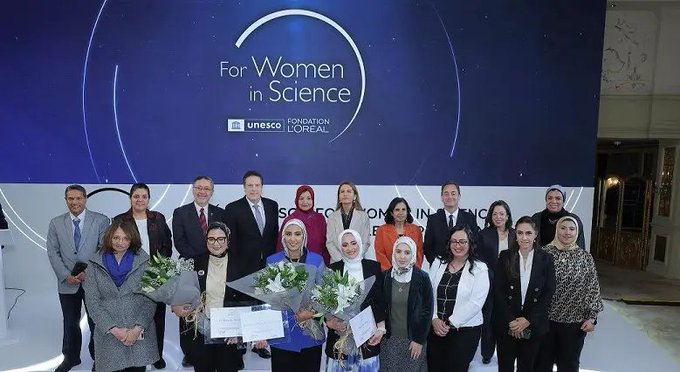
2020 Leadership and Advocacy for Women in Africa (LAWA) Fellowship Program
Deadline: January 17, 2020.
The Leadership and Advocacy for Women in Africa (LAWA) Fellowship Program was founded in 1993 at the Georgetown University Law Center in Washington, D.C., in order to train women’s human rights lawyers from Africa who are committed to returning home to their countries in order to advance the status of women and girls in their own countries throughout their careers. Over 80 women’s human rights advocates from Botswana, Cameroon, Ethiopia, Ghana, Kenya, Liberia, Malawi, Namibia, Nigeria, Sierra Leone, South Africa, Swaziland, Tanzania, Uganda and Zimbabwe have participated in the LAWA Program, and we hope to include Fellows from additional countries in the future.
The entire LAWA Fellowship Program is approximately 14 months long (from July of the first year through August of the following year), after which the LAWA Fellows return home to continue advocating for women’s rights in their own countries. The LAWA Program starts in July, when the Fellows attend the Georgetown Law Center’s Foundations of American Law and Legal Education course.
ELIGIBILITY
1. The Fellowship program sets no cap on the amount of time an applicant has been out of school.
- You must be a women’s human rights lawyer from Africa in order to be considered. You must hold an LL.B. or other law degree. A very strong preference is given to candidates who:
a. are currently living and working in Africa, and
b. do not already have a Masters’ Degree.
- The strongest applicants tend to be about five to ten years out of law school. Others with less or more experience may be considered. Candidates with no work experience who are applying directly from an LL.B. degree or other law school will not be considered.
- Men and women who are committed to women’s rights are strongly encouraged to apply.
- As a
requirement of participation in the LAWA Program, all applicants must commit to
return home to their own countries upon completion of the Fellowship, and to
use their best professional efforts to advance women’s human rights throughout
their careers.
- You must have strong English language skills, both written and oral. Language problems have been the primary barrier to success for LAWA Fellows.
- The LAWA Program requires candidates to become proficient in using computers for drafting papers and conducting research. Candidates are strongly encouraged to learn basic computer skills before arrival in order to make this transition easier. At the very minimum, candidates should work to improve their typing speed.
- Candidates must be prepared to enter a very demanding course of study. LAWA Fellows take four required courses and several more elective courses over the course of the two academic semesters. Fellows are required to produce a Masters’ Thesis totaling no fewer than 40 pages, including several drafts with intense research, writing and editing. Successful completion of the program requires exceptional commitment, focus, and very hard work.
BENEFITS
1. The LAWA Program helps defray the costs for women’s rights attorneys from Africa who would not otherwise be able to afford a Master of Laws degree focusing on international women’s human rights and the additional leadership training.
2. The LAWA Fellowship provides the tuition for the Foundations of American Law and Legal Education Course (a U.S. $5,000 benefit) and for the LL.M. degree (a U.S. $66,650 benefit) at the Georgetown University Law Center, as well as professional development training.
APPLICATION
- Complete the Application Form, including all three essay questions.
- Current Resume or CV, indicating:
- your employment history, including both paid and volunteer positions, including the name of your employer, location of your employment (city, country), dates of your employment (start and end dates), and description of your work for each position you have held;
- your education from high school to the present, including the name and location (city, country) of the institution, dates attended (including date of graduation), degree awarded, grade point average or your class rank and number of students, and your participation in any extracurricular activities;
- titles of any published materials (articles, books, reports, etc.) or significant research papers;
- any special honors, awards, scholarships, or fellowships; and
- any memberships in organizations or community activities in which you have been involved, including any leadership roles.
- Two Letters of Recommendation (letters of reference) from persons who are well acquainted with you, your commitment to advancing women’s human rights in your country, your legal abilities, and your work. At least one reference should be a person who is willing to assist you in a professional manner upon your return to your country. Recommendations should make specific reference to your skills and knowledge. Please do not submit references that just attest to your good character.
- Official Transcript from the institution granting your law degree: You will not be offered an interview if we do not receive confirmation that you have arranged to have your official, sealed law school transcript(s) send to the address below. Photocopies or emails directly from your institution are not sufficient. An original of your transcript must be mailed directly from your institution to the address below. We understand that this requires you to incur some expense, but it cannot be avoided. Please include an explanation of the grading and ranking system. Transcripts will not be returned to you. Each year well-qualified candidates are denied a place in the program because we have not received their official transcripts. Please make sure that you comply with this requirement and begin the process of having your transcript sent immediately. If you applied in previous years, you do not need to re-send your transcript, but you must resubmit your revised application form, your updated resume, and updated recommendations.
Send your completed application via e-mail to morrisjc@georgetown.edu by Friday, January 17, 2020. Letters of recommendation may be scanned and sent as e-mail attachments (preferred), or may be mailed separately to:
Jill Morrison
Georgetown University Law Center
600 New Jersey Ave, NW, Gewirz 315
Washington, DC 20001
E-mail: morrisjc@georgetown.edu
OFFICIAL LINK: https://www.law.georgetown.edu/wlppfp/lawa-fellowship-program/



